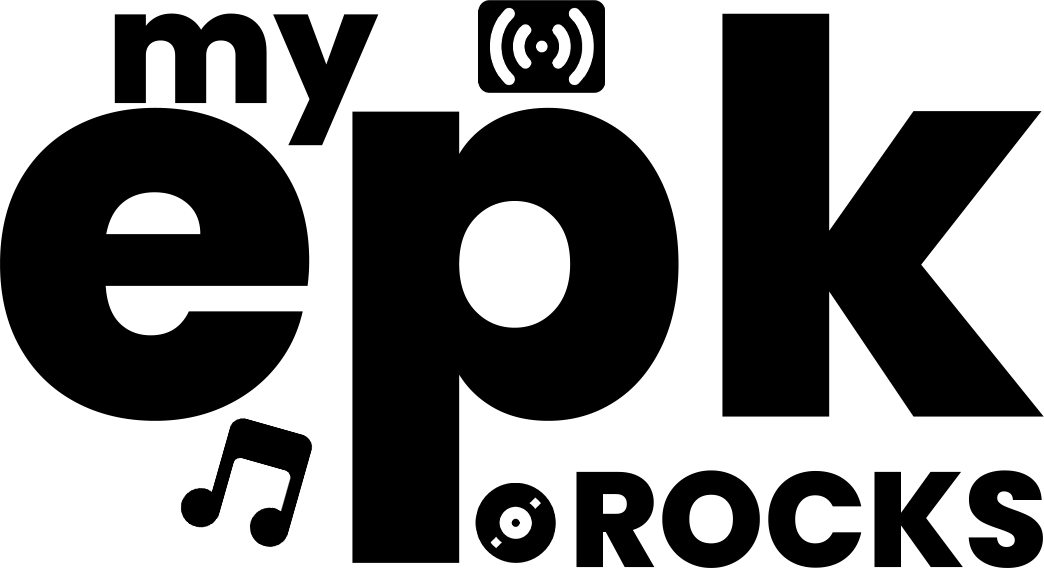Alright fam, let’s talk about surviving, nay, thriving as an indie artist in 2026. Forget those dusty, outdated music industry manuals. We’re building our own playbook, fueled by hustle, creativity, and a healthy dose of internet savvy. Whether you’re fresh off your bedroom recording debut or a seasoned vet looking to level up, this guide’s got the goods.
Think of this less like a lecture and more like a late-night chat over coffee (or something stronger, no judgement). We’re gonna get real about the challenges, the opportunities, and the strategies you need to not just exist, but dominate your corner of the music world.
Part 1: The Lay of the Land – 2026 Music Industry Real Talk
First things first, let’s acknowledge the elephant in the room: the music industry is a constantly morphing beast. Predicting the future is impossible, but we can extrapolate from current trends and prepare ourselves for what’s likely coming.
-
The Streaming Colossus Remains (But Evolves): Streaming isn’t going anywhere. Spotify, Apple Music, Amazon Music, and their competitors are still gonna be the gatekeepers. But the model is evolving. Expect to see:
- More Personalized Playlists: Algorithmic curation is only getting smarter. Think hyper-personalized playlists tailored to your specific mood, activity, and even location. This means getting your music into those coveted spots will be even more competitive.
- Micro-Subscriptions and Direct Artist Support: Platforms will likely offer more ways for fans to directly support artists through micro-subscriptions, tip jars, or even fractional ownership of songs. We are already seeing this with companies like Ko-Fi and Patreon.
- Bundled Services: Expect streaming platforms to bundle other services, like podcasts, audiobooks, or even video content, to keep users locked in. This means exploring opportunities to integrate your music into these broader ecosystems.
- The Rise of Interactive Streaming: Platforms like Twitch and its competitors (think gaming + music) are blurring the lines between performance and interaction. Live streaming gigs, Q&As, and behind-the-scenes content will be essential for building a loyal fanbase.
-
TikTok is Still King (But Needs a Strategy): TikTok isn’t just for dances anymore. It’s a powerful discovery engine, but you can’t just throw a song up and hope for the best. You need a strategy.
- Authenticity over Virality: People are getting wise to manufactured viral trends. Focus on creating content that’s genuinely you. Show your personality, tell your story, and connect with your audience on a human level.
- Sound Design is Key: TikTok’s algorithm favors engaging sound design. Experiment with layered audio, sound effects, and unexpected sonic textures to make your content stand out.
- Community Building is Everything: Don’t just post and ghost. Engage with your followers, respond to comments, and build a community around your music.
- TikTok is also about education: Use it to teach a skill, give tips on music creation, or even talk about the business side of music. People want to learn.
-
AI is Coming for Your Job (Maybe…): AI-powered music creation tools are getting more sophisticated. While they’re not going to replace human creativity entirely, they will impact the industry.
- Embrace AI as a Tool: Think of AI as a collaborator, not a competitor. Use it to generate song ideas, create backing tracks, or even automate mundane tasks like social media scheduling. Services like Amper Music offer AI tools for music creation.
- Focus on the Human Element: In a world saturated with AI-generated content, the human element will become even more valuable. Focus on your unique voice, your personal story, and the emotional connection you create with your audience.
- The Legal Landscape is Murky: Copyright law hasn’t caught up with AI. Be mindful of the potential legal implications of using AI-generated music, especially when it comes to copyright infringement. Stay informed about the evolving legal landscape.
-
The Metaverse Beckons (But Still Needs to Develop): The metaverse is still in its early stages, but it holds enormous potential for musicians. Virtual concerts, interactive experiences, and even virtual merchandise are all possibilities.
- Experiment with Virtual Performances: Platforms like VR Chat and Decentraland offer opportunities to host virtual concerts and connect with fans in a new way.
- Create Immersive Experiences: Think beyond just performing your songs. Create interactive environments, design virtual merchandise, and offer unique experiences that can only be found in the metaverse.
- Don’t Break the Bank: The metaverse is still evolving. Don’t invest all your resources into it just yet. Experiment with different platforms and strategies to see what works for you.
Part 2: Building Your Indie Empire – Strategies for Success
Okay, now that we’ve got a grasp of the landscape, let’s talk about how to actually thrive in it. This isn’t a one-size-fits-all formula, but these are some key strategies to consider:
-
Niche Down, Dominate Your Corner: Trying to appeal to everyone is a recipe for disaster. Focus on a specific genre, subgenre, or even a specific vibe. This will make it easier to attract a dedicated fanbase and stand out from the crowd.
-
Master the Art of Storytelling: People connect with stories, not just songs. Share your journey, your struggles, and your inspirations. Be authentic, be vulnerable, and let your personality shine through. This is what separates you from other artists.
-
Content is King (And Queen): Don’t just release music. Create a constant stream of engaging content for your fans. Think behind-the-scenes videos, tutorials, live streams, podcasts, blog posts, and anything else that will keep them coming back for more.
-
Build Your Email List Like Your Life Depends On It: Social media algorithms are fickle. Your email list is the one thing you truly own. Offer a free download, a discount, or exclusive content in exchange for email sign-ups. Then, nurture your list with regular updates, behind-the-scenes content, and exclusive offers. Platforms like Mailchimp and ConvertKit can help you manage your email list.
-
Collaborate Like Crazy: Collaboration is a powerful way to expand your reach and tap into new audiences. Partner with other musicians, producers, visual artists, filmmakers, and even brands.
-
Embrace Data, But Don’t Be Ruled By It: Pay attention to your streaming stats, social media analytics, and website traffic. Use this data to understand what’s working and what’s not. But don’t let data dictate your creative decisions. Trust your gut and stay true to your artistic vision.
-
Invest in Yourself (Wisely): You don’t need a huge budget to succeed, but you do need to invest in your career. Consider investing in:
- Professional Mixing and Mastering: A polished mix and master can make a huge difference in the quality of your music.
- High-Quality Visuals: Professional photos and videos are essential for promoting your music online.
- Marketing and Promotion: Consider hiring a publicist or running targeted ads on social media to reach new fans.
- Education and Skill Development: Invest in courses, workshops, or mentorship programs to improve your skills and knowledge. Sites like Skillshare and Coursera have endless opportunities to learn new skills.
-
Network, Network, Network: Attend industry events, connect with other musicians online, and build relationships with key players in the music industry. You never know where your next opportunity will come from.
-
Stay Patient, Stay Persistent: Success in the music industry takes time and effort. Don’t get discouraged if you don’t see results overnight. Keep creating, keep connecting, and keep pushing forward.
-
LegalZoom or an Actual Lawyer: You don’t need to be a legal expert but the earlier you can legally protect yourself the better. I have seen artists work for years before they realize that some form of contract and understanding should have been in place. You don’t need to break the bank but spend some time protecting your assets and making sure all parties are on the same page. You can use websites such as LegalZoom to save a few dollars, but nothing will replace the knowledge of an actual lawyer who practices contract law.
-
Always Be Kind: The music industry can be a tough place, but that doesn’t mean you have to be a jerk. Treat everyone with respect, be generous with your time and support, and build a reputation for being a good person to work with.
Part 3: Monetizing Your Music – Beyond the Streaming Penny
Let’s be honest, relying solely on streaming royalties is a surefire way to stay broke. You need to diversify your income streams and find creative ways to monetize your music.
- Merchandise: Create merchandise that reflects your brand and appeals to your fans. Think t-shirts, hoodies, hats, posters, stickers, and even limited-edition items. Printful and Printify offer print-on-demand services that make it easy to create and sell merchandise without having to invest in inventory.
- Live Performances (In-Person and Virtual): Gigs are back, baby! (Hopefully). But don’t just play the same old venues. Look for unique performance opportunities, like house concerts, private events, corporate gigs, and even virtual concerts in the metaverse.
- Licensing: License your music for use in film, television, video games, and commercials. This can be a lucrative source of income, especially if you have a diverse catalog of music. Platforms like Musicbed and Songtradr can help you license your music.
- Teaching and Workshops: Share your knowledge and skills by teaching music lessons, hosting workshops, or creating online courses. Sites like Teachable and Thinkific make it easy to create and sell online courses.
- Patreon/Fan Subscriptions: Offer exclusive content, behind-the-scenes access, and personalized experiences to your most dedicated fans through a Patreon or similar fan subscription platform.
- Direct Music Sales: Even in the age of streaming, some fans still want to own your music. Sell your music directly from your website, Bandcamp, or other online platforms.
- Affiliate Marketing: Partner with brands and promote their products to your fans. Earn a commission on every sale that you generate through your affiliate links.
- Grants and Funding: Explore grant opportunities and funding programs for musicians. Organizations like the National Endowment for the Arts and various state arts councils offer grants to support artistic projects.
- NFTs (Proceed with Caution): NFTs (Non-Fungible Tokens) are a controversial topic, but they can offer new ways to monetize your music. Think limited-edition digital collectibles, exclusive access to events, or even fractional ownership of your songs. But be mindful of the environmental impact of NFTs and the potential for scams. Do your research before diving in.
Part 4: Mindset Matters – Staying Sane in the Indie Grind
The music industry can be a rollercoaster of highs and lows. It’s important to take care of your mental and emotional health.
- Set Realistic Expectations: Don’t expect to become an overnight sensation. Success takes time and effort. Set realistic goals and celebrate your progress along the way.
- Practice Self-Care: Make time for activities that you enjoy and that help you relax and recharge. Think exercise, meditation, spending time in nature, or connecting with loved ones.
- Build a Support System: Surround yourself with people who believe in you and support your dreams. This could be your friends, family, fellow musicians, or even a therapist.
- Learn to Handle Rejection: Rejection is part of the process. Don’t take it personally. Learn from your mistakes and keep moving forward.
- Celebrate Your Wins: Acknowledge your accomplishments, no matter how small. Take time to celebrate your wins and appreciate the progress you’ve made.
- Stay Grounded: Don’t let success go to your head. Remember why you started making music in the first place and stay true to your values.
The Takeaway:
The 2026 music landscape will be challenging, but it will also be full of opportunities for indie artists who are willing to hustle, adapt, and stay true to their vision. Focus on building a strong fanbase, creating engaging content, diversifying your income streams, and taking care of your mental health.
Remember, you’re not just a musician, you’re an entrepreneur. Treat your music career like a business, and you’ll be well on your way to thriving in the indie music scene. Now go out there and make some noise! You got this!


